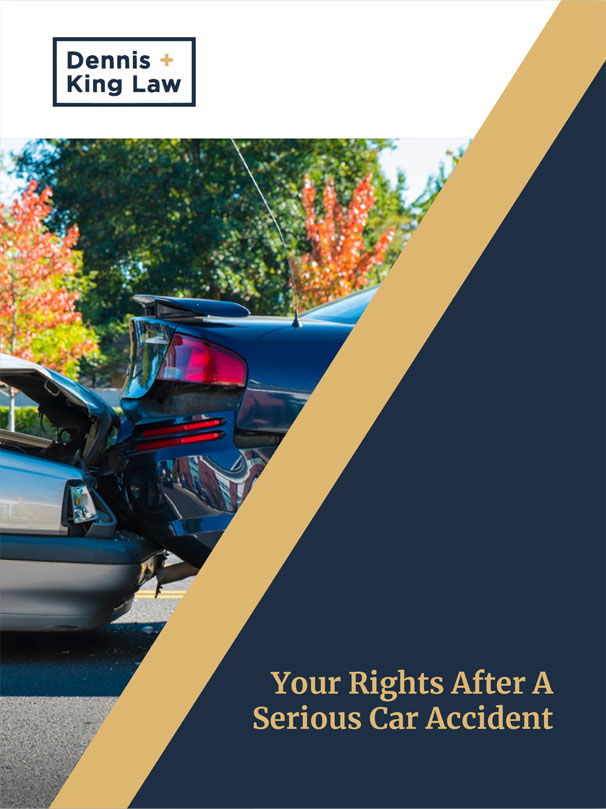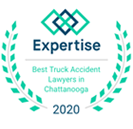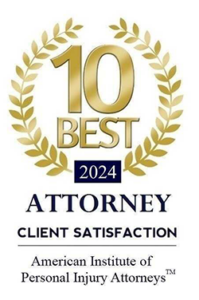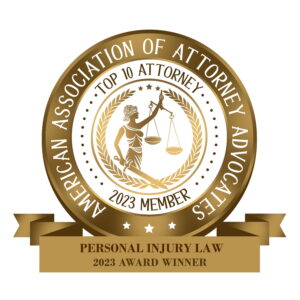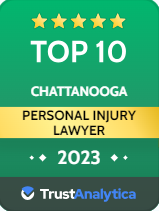Self-driving cars, also known as autonomous vehicles (AVs), have the potential to greatly increase safety on the roads by reducing human error, which is a major cause of accidents. However, the technology is still in the early stages of development, and there have been some high-profile accidents involving AVs. These incidents have led to increased scrutiny of the technology and calls for stricter regulations to ensure the safety of AVs. Overall, self-driving cars are considered to be generally safe, but additional research and development are needed to further improve the technology and ensure that it is safe for widespread use.
WHAT IS CONSIDERED A SELF DRIVING CAR?
A self-driving car, also known as an autonomous vehicle (AV), is a vehicle that is capable of sensing its environment and navigating without human input. Self-driving cars use a combination of sensors, cameras, radar, and lidar to gather information about the vehicle’s surroundings, and advanced software algorithms to process this data and make decisions about how the vehicle should operate. The level of autonomy can vary, and self-driving cars can be classified into several different levels, ranging from Level 0 (no automation) to Level 5 (full automation).
- Level 0: No automation, the driver is in full control of the vehicle
- Level 1: Driver Assistance, the vehicle has one or more basic driver-assist functions, such as electronic stability control or lane departure warning.
- Level 2: Partial Automation, the vehicle has at least two advanced driver-assist systems, such as adaptive cruise control and lane-keeping assist.
- Level 3: Conditional Automation, the vehicle can drive itself under certain conditions, such as on a highway, but the driver must be ready to take control if necessary.
- Level 4: High Automation, the vehicle can drive itself in most conditions, but the driver must be present and ready to take control in certain situations.
- Level 5: Full Automation, the vehicle can drive itself under all conditions and does not require a driver to be present.
At this point, the majority of the vehicles that are considered autonomous are level 2 or level 3.
WHAT LEVEL ARE MOST SELF DRIVING CARS ON THE ROAD TODAY?
Most self-driving cars on the road today are considered to be at Level 2 or Level 3 on the autonomy scale.
Level 2, also known as “partial automation,” means that the vehicle has at least two advanced driver-assist systems, such as adaptive cruise control and lane-keeping assist. These systems can control the speed and steering of the vehicle, but the driver is still responsible for monitoring the driving environment and being ready to take control of the vehicle if necessary.
Level 3, also known as “conditional automation,” means that the vehicle can drive itself under certain conditions, such as on a highway, but the driver must be ready to take control if necessary.
Some manufacturers have announced vehicles that will be level 3 and level 4 but they are not yet on the market or have a limited roll-out.
It’s important to note that there are not yet any level 5 “Full Automation” vehicles on the road and they are still in research and development phase.
CAN I WATCH A VIDEO OR GO TO SLEEP IN TODAY’S SELF-DRIVNIG CAR?
Currently, most self-driving cars on the road today are considered to be at Level 2 or Level 3 on the autonomy scale, which means that the driver is still responsible for monitoring the driving environment and being ready to take control of the vehicle if necessary. Therefore, it is not recommended to watch a video or go to sleep while in a self-driving car. The driver must be alert and ready to take control at any moment.
It is important to note that some manufacturers have implemented driver monitoring systems, such as cameras, to detect if the driver is not paying attention, but these systems are not foolproof and it’s important for the driver to stay alert and attentive.
It’s also important to note that all the autonomous vehicles currently on the market require an attentive human driver ready to take over if needed, and this is clearly stated in the user manual, as well as in the laws and regulations for these vehicles.
ARE DRUNK DRIVERS SAFER IN A SELF-DRIVING CAR?
No, drunk drivers are not safer in a self-driving car. Self-driving cars require the driver to be sober, alert and able to take control fo the vehicle if needed. It is illegal and dangerous for a drunk person to operate a self-driving car, just as it is illegal and dangerous for them to operate a traditional vehicle.
If you have been injured by a driving who was driving a self-driving car, or injured by a regular car call us at 423-892-5533 or email us at office@dennisandking.com or chat with us right here on this website. We can help, even if you don’t hire us.
 500+ five star reviews
500+ five star reviews